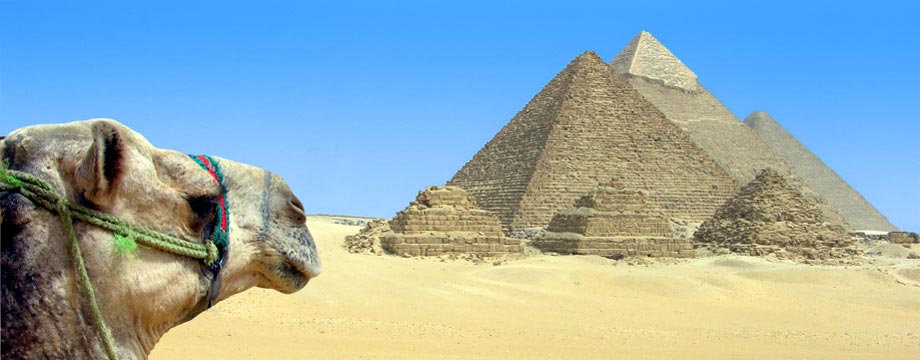If yesterday’s visits were about Malaysia as a Muslim country, today’s were about Malaysia’s still-predominantly agricultural economy. Oil is the No. 1 product, accounting for about 35% of its total revenue, but No. 2 is palm oil, which represents about 10% of the country’s export earnings. Indonesia and Malaysia are the two major exporters of the product, which, we learned, were used in a variety of foods, as well as soaps. One visit was to the government-created, industry-sponsored Palm Oil Board, whose function seems to be to research and promote better agriculture on the part of the farmers, and new products and new product awareness for consumers. It is a major source of cooking oil for McDonald’s Asia and is commonly used for cooking everywhere in Asia. The industry here employs almost 1 million people, and the plantations cover about 60% of the country. Surprisingly, the tree came from Africa to Malaysia as a decoration for a botanical garden. Not until World War I was it commercially developed. The R&D continues, partly to solve one problem: Harvesting is very labor intensive. Malaysia is worker-short, and many Indonesians come to work in the plantations. It seems to me a sign that Malaysia is not Third World; Third World sends workers to do the grunt labor elsewhere. The planters are worried about the labor shortage (Indonesia banned the travel of Indonesians as maids to Malaysia–that was yesterday’s headline), so the board is investigating ways to grow better, smaller trees which would be easier to harvest, or to mechanize the harvest more. As it is, the fruit must be refined within 24 hours or it loses its quality, which puts the mills near the plantations.
The tree can grow only a few degrees from the equator, on plantations that are about 60% private, and 40% government owned. Someone told me that Sime Darby, the biggest one (and one fully integrated with plantations, mills, and refineries) was created by the government from a British company; it ordered a number of the smaller companies to consolidate, which was one of the few direct instances we’ve had here about the government planning and support for business; it’s not Singapore, but it has helped lift this economy to the point where KL is an exceptionally modern city, and Malaysia has some of the best infrastructure (read roads) in Asia.
We went to Cargill’s refinery here to see how the oil is processed for use in other products, including McDonald’s cooking oil. The plant manager was an American expat whose father had been a Caterpillar expat, so he knew about IWU. The plant operates at about 110% capacity, so Cargill is building a second facility nearby to ramp up production. This refinery has moved increasingly up the value chain, producing the more profitable versions of the oil. The 40% value-added products produce 67% of the plant’s profits. What was interesting to me was the packaging, which reflects where the $2 billion in sales come from–Portuguese (Brazil), Spanish (Argentina), Chinese (Asia), and two forms of Cyrillic (Russia and the Ukraine). The more I learn about Cargill, the more I realize that agriculture may be truly the most international of all businesses.
The gustatorial highlight of the day was lunch at a mall, and the purchase and consumption of a durian pancake. Durian has the reputation of tasting like heaven (not sure about that) but smelling like hell (true!). Singapore hotels have signs banning durian. I saw a “durian pancake house” in Singapore, and wanted to try it, but the line wound around the block. The shop at the mall had one–which consisted of the durian fruit in the center–surrounded by whipped cream and a pancake, together with chocolate sauce. Not half bad, but I doubt you’ll find it in the United States.
We’re going to a cultural show and dinner tonight, so I’d better get ready.
Good night to me, and salamat pagi (good morning) to you.

